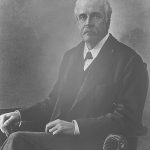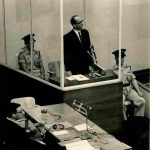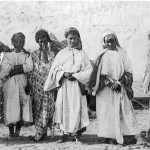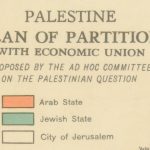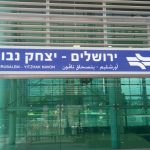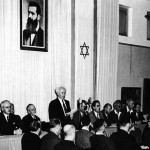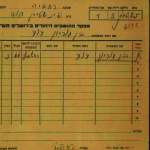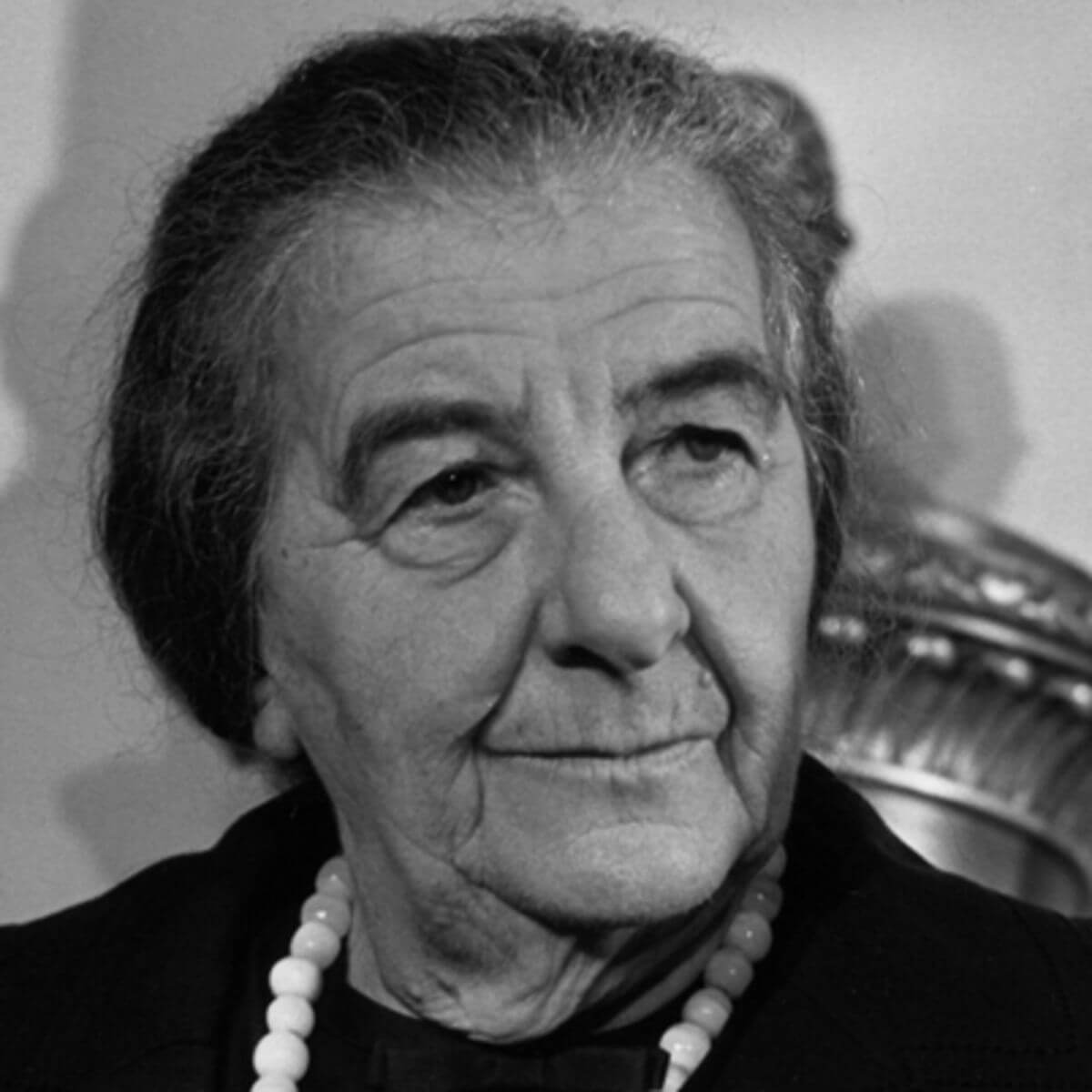At a meeting of the government in its capacity of the Ministerial Committee for Security Matters on 8 October, Golda Meir presented the report prepared by her aides and finalized at the two meetings mentioned above (The complete text of the report is in Document 35). The cabinet confirmed her proposals regarding demands for individual resignations.
The following day the Knesset Foreign Affairs and Security Committee discussed the Koppel Report and the prime minister’s report that followed it, which was based on the Koppel Report and the report of the West German government investigation. She rejected the findings of the German report regarding the security arrangements for the delegation, and stated that “the terrorists succeeded in infiltrating and taking control of the building and the people in it, because the German authorities did not take appropriate security measures”. As for the Israeli bodies, Golda Meir declared that there was no case for legal proceedings against any of those involved; however, the GSS head of security and the security officer in Bonn would be asked to hand in their resignations. The director of the security department at the Foreign Ministry, who had been seconded from the GSS, had already done so. As for the problematic issue of ministerial responsibility, the prime minister declared, as the ministers wanted, that the professional guidelines for security officers of government ministries, including security abroad, were under the authority and supervision of the GSS, thus releasing the ministries from any responsibility for the events in Munich.
Golda detailed the full extent of the problems in protecting Israelis and Israeli facilities abroad, and made it clear that there was no possibility of security for everyone, twenty four hours a day. As for the criticism on this matter, she said: “Demagogues can promise anything; it’s impossible to promise that, because it is simply not possible”. Some members of the committee expressed indignation that they had not received all the statements by the witnesses, or hinted that the disciplinary measures dealt with the lower ranks and not with the top officials, who bore the main responsibility, and above all – with the head of the GSS.
A discussion began on how to fight terrorism that continued during two more meetings. MK Ya’acov Hazan, of the Mapam party, argued that this was a difficult war like all wars, and therefore: “We must not only defend ourselves, but also attack. We must search for the terrorists and kill them. We must change them from hunters to hunted”. The prime minister hinted that Israel was not inactive in the war on terror abroad, and that “there are thoughts and there are plans”, and added: “There are friendly countries that say: You can’t do that here, here we’re in charge. All this is not simple. That isn’t our country” (Document 35).
The discussion in the Knesset Committee on the war on terrorism, with the participation of the prime minister, continued on 24 October. This record was not released for publication. On 3 November it was resumed, on the background of the Lufthansa hijacking and the release of the Munich terrorists (see below). The atmosphere was militant, and it was agreed that the time had come, as suggested by Hazan, to change the role of the terrorists from hunters to hunted, and to do so in cooperation with local security forces, and if this was not possible, without them,. Menachem Begin proposed creating a special unit for the war on terror, and recruiting the best people who had dealt in covert operations in the past, such as Yitzhak Shamir, Isser Harel and others. “If, in fact, we do this, we can change the situation in a short time. It doesn’t require many years until we eliminate them, to a great extent”, he said. Lyova Eliav argued that Israel must hit not just terrorists in the refugee camps in Lebanon and Syria, as was done in retaliation for the Munich massacre, but also the leaders. Binyamin Halevi criticized the Mossad, claiming that in all the recent major terrorist attacks (the Sabena hijacking, the Lod massacre by the Japanese Red Army and the Munich massacre), “we did not receive any prior information from Mossad”.
In her reply Golda Meir said that: “There are already Arab embassies in various places in the world, whose people are pretty nervous”. She explained how difficult it was to reach agreement on cooperation against terrorism even with friendly European countries. She justified the bombing of terrorist targets in Arab countries to prevent attacks, while emphasizing that Israel would make every effort to prevent harming the innocent. In conclusion, she rejected the proposals of several committee members to attack sites in Libya, which had accepted the terrorists released in Munich (Document 36).


